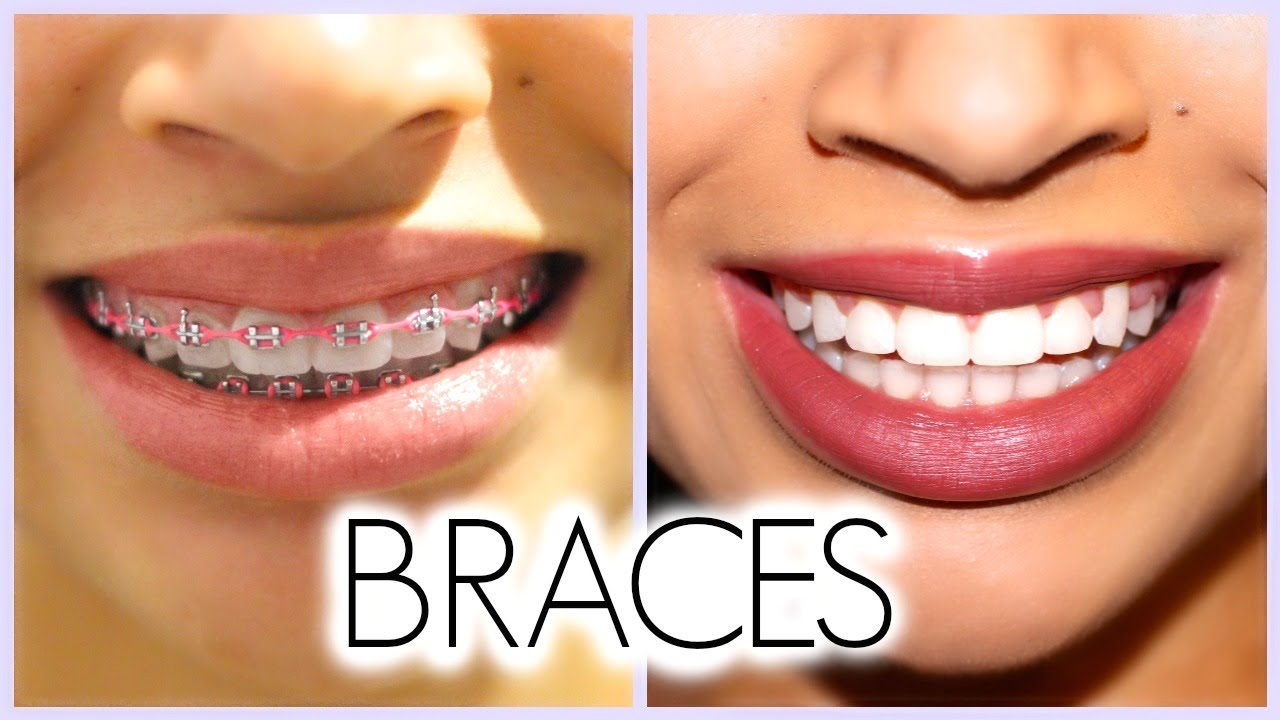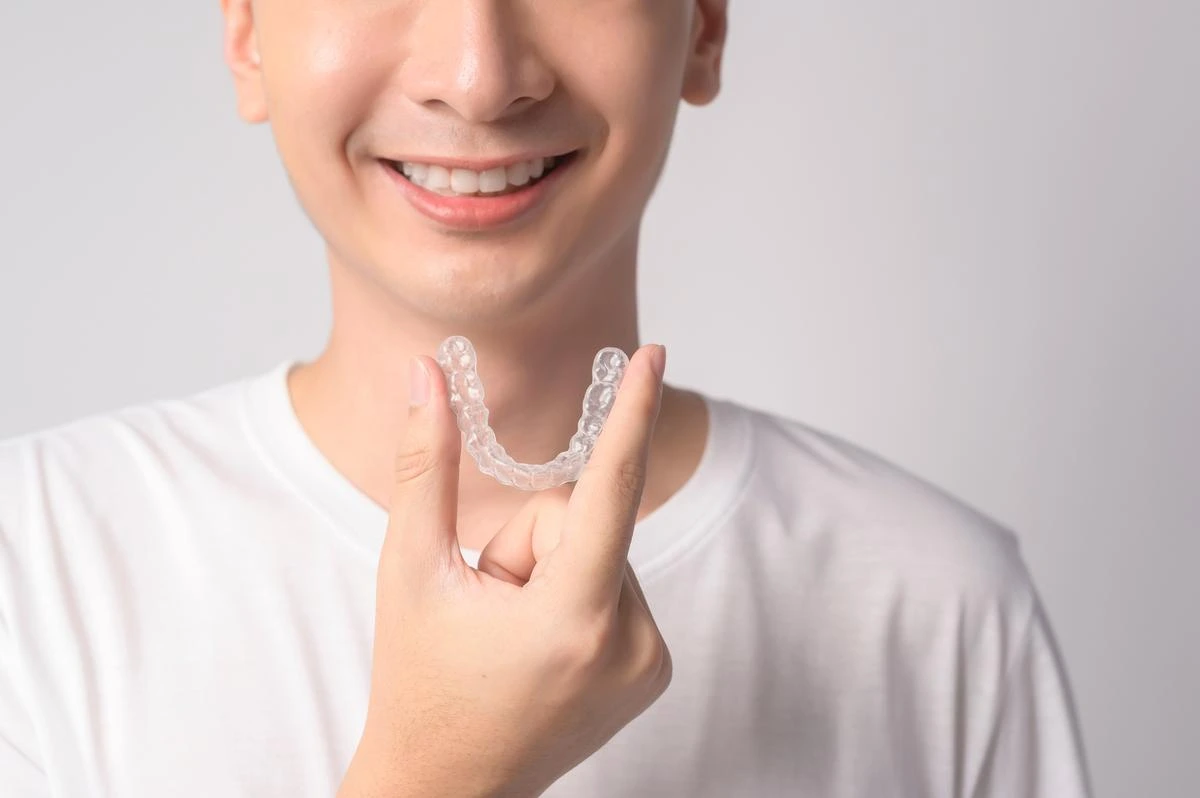Staying healthy starts with a healthy smile. Good oral health is important for your
overall health and well-being. A healthy smile can help you feel more confident and
self-assured. As a result, you will have a tendency to be more outgoing and feel
more optimistic. Therefore, the importance of braces cannot be emphasized
enough.
As a result of this, people who have been wearing braces for a long time are often
seen smiling. Keep reading to find out more about Braces and whether you should
have them or not.
What problems do braces fix?
Braces are most commonly used to straighten teeth that aren’t in line with each
other. But there are other reasons you might want them — for example, if your
teeth aren’t healthy enough to withstand traditional dental work like crowns or
root canal therapy. They can also reduce the crowding of the teeth, which can cause
misalignment over time. And some people just want straighter teeth because they
think they look better!.
How You May Look Before Using Braces

Many people who want to straighten their teeth turn to braces. But what does it
look like before you get braces?
Crooked, gapped, or crowded teeth
If you have crooked, gapped, or crowded teeth, you’re not alone. This is the most
the common orthodontic problem is seen by orthodontists across the globe.
Braces can fix this problem. The course of treatment will vary depending on how
severely your teeth are affected, but in general, braces work by applying constant
pressure to your teeth to gradually move them into the correct position over time.
Nonfunctional bite
A nonfunctional bite can cause pain in other areas of your body like headaches and
jaw pain. There are four common types of malocclusions (bad bites):
● overbite: upper front teeth protrude too far forward, sometimes even
covering the lower teeth
● underbite: lower front teeth are too far forward or upper front teeth are too
far back
● crossbite: top and bottom come together unevenly, usually on one side
● open bite: front teeth don’t touch when the mouth is closed
Speech problems
Braces can take some getting used to, especially when it comes to speaking.
Certain sounds like S and F are particularly tricky because of the way they involve
placing the tongue against your teeth. Some people find that their speech is a little
slurred immediately after braces go on, but this will get better with practice. If you
find that your speech isn’t improving after a significant period of time, talk to your
orthodontist about exercises or other methods for helping you along. Remember:
be patient with yourself! You’re learning something new, and it takes dedication
and practice to make any new skill second nature.
After Braces
Straightened teeth
When braces are removed, the teeth will be straight and properly aligned. If there
were gaps in between teeth before getting braces, they’ll be closed after.
Overbites, underbites, and overjets can also be corrected by wearing braces
Corrected bite
After braces, you’ll find that eating is more enjoyable! Malocclusion or
misalignment of the teeth and jaws can lead to an inefficient bite. Aligning your
jaws and teeth can improve chewing efficiency and allow for easier biting and
chewing, which reduces oral fatigue
Improved speech
When you make the decision to pursue orthodontic treatment, you get excited
about how much straighter your teeth will be when treatment is complete.
However, you may not give thought to how your speech will also improve.
How long will I have to wear my braces?
The length of time it takes to get a straight smile depends on the severity of your
condition. Braces Before and After can straighten teeth that are crooked, close gaps between teeth,
and improve the overall appearance of your smile. The average treatment time for
braces is about two years, but each case is different. Some people may need longer
treatment times because of the severity of their condition or if they have other
dental issues that need to be addressed.
Will I need to take special care of my teeth while
wearing them?
Yes, you will need to take special care of your teeth while you are wearing braces.
You will be given instructions by your orthodontist on how to brush and floss your
teeth. It is important to follow these instructions carefully so that you do not
damage the wires or brackets on your braces.
You should also be careful with what types of food you eat while wearing braces.
Foods that are sticky, chewy, hard, or crunchy are not good for braces because
they can cause problems with the wires and brackets holding them in place. It is
best to avoid these kinds of foods while wearing braces.
While braces are an investment in both time and money, they are a long-term
the solution to many dental problems. With the help of braces, your smile can be truly
transformed!
At Grand Oaks Orthodontics, we ensure you get the type of retainers that best suit you!
Contact us and get your new retainers today!



